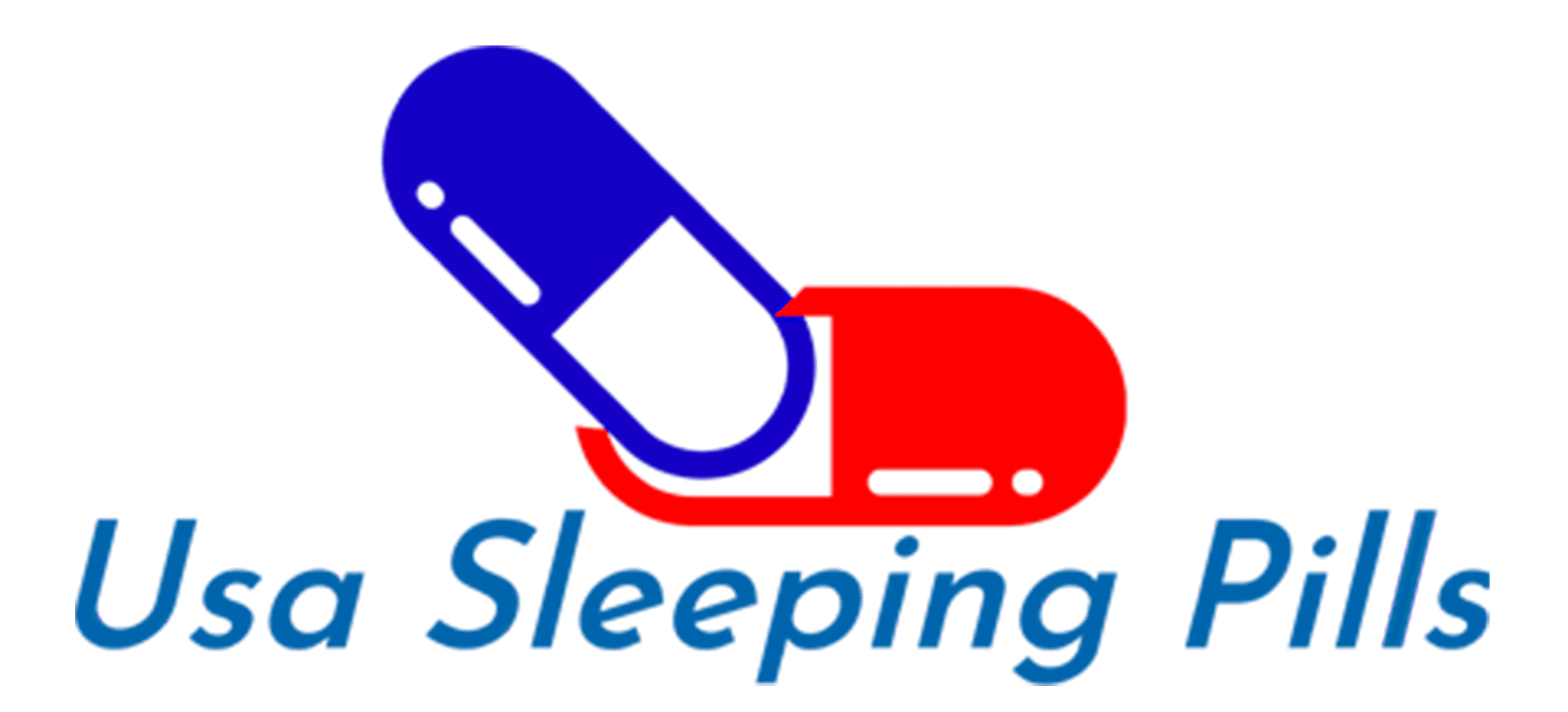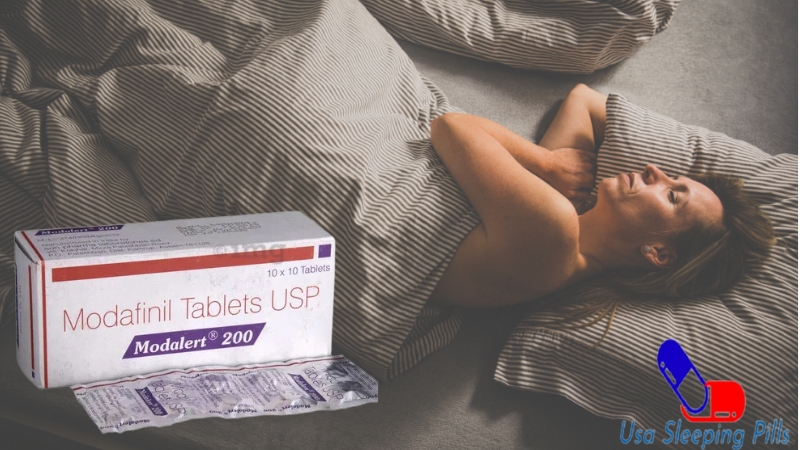Which Conditions Are Best Treated With Ambien?

When Should Zopiclone Be Taken for Best Results?
October 28, 2023
Why Do Doctors Prescribe Modafinil for Narcolepsy and Sleep Disorders?
November 6, 2023Many of us struggle to sleep in today’s fast-paced environment. Modern stress, health difficulties, and lifestyle choices have made sleep disruptions ubiquitous. For those who find solace in pharmacological interventions, Ambien, or its generic name, Zolpidem, stands out as a popular choice. Let’s dive into which conditions are best treated by this medication.
A Brief Overview of Ambien
Ambien is a prescription sedative primarily prescribed to treat insomnia in adults. As part of the sedative-hypnotic drug class, it acts on the brain to produce calming effects, aiding in sleep initiation.
Conditions Best Treated with Ambien
- Insomnia: This is the primary condition for which Ambien is prescribed. It particularly assists those who have difficulty falling asleep.
- Sleep Onset Latency: This refers to the time it takes to transition from full wakefulness to sleep. Ambien has shown effectiveness in reducing this latency.
- Nighttime Awakenings: Some individuals might fall asleep quickly but awaken frequently during the night. Ambien can help provide a more continuous, undisturbed sleep in such cases.
Factors Influencing Ambien’s Efficacy
- Dosage: Ambien’s effectiveness can be influenced by the dosage and the specific formulation (immediate release vs. extended release).
- Individual Physiology: Metabolism, age, and overall health can dictate how Ambien affects an individual.
- Interactions: Consuming Ambien alongside certain medications or alcohol can affect its efficacy and safety.
Ambien At A Glance
| Attribute | Description |
| Primary Use | Treatment of insomnia |
| Action | Sedative-hypnotic |
| Onset of Action | Fast-acting |
| Duration | Typically prescribed for short-term use |
Other Considerations
- Dependency and Withdrawal: Extended use of Ambien can lead to dependency. Use the drug under medical supervision and be aware of withdrawal signs.
- Side effects: Users may experience dizziness, headaches, stomach issues, or more serious responses. It’s crucial to be informed and seek medical advice if side effects manifest.
- Daytime Drowsiness: Ambien’s effects might carry over to the next day. Users should be cautious about activities requiring alertness, like driving.
When is Ambien Not Recommended?
- Sleep Apnea: Those with untreated sleep apnea should avoid Ambien as it can suppress respiratory drive.
- History of Substance Abuse: Ambien might not be suitable for those with a history of drug or alcohol abuse.
- Pregnancy: Pregnant individuals should consult a physician before considering Ambien.
Benefits of Ambien Over Other Sleep Aids
- Rapid Onset: Ambien quickly induces sleep, which can be especially beneficial for those who have trouble initiating sleep.
- Short Half-Life: It doesn’t tend to cause prolonged drowsiness the next day, unlike some other sleep medications, given its relatively short half-life.
Ambien has proven to be an effective ally for many grappling with sleep disturbances. While it’s particularly adept at addressing insomnia and associated conditions, like any medication, Ambien requires judicious use. Its efficacy can be a boon for many, but it’s vital to be aware of its potential risks and always use it under appropriate medical supervision.



